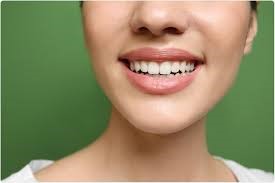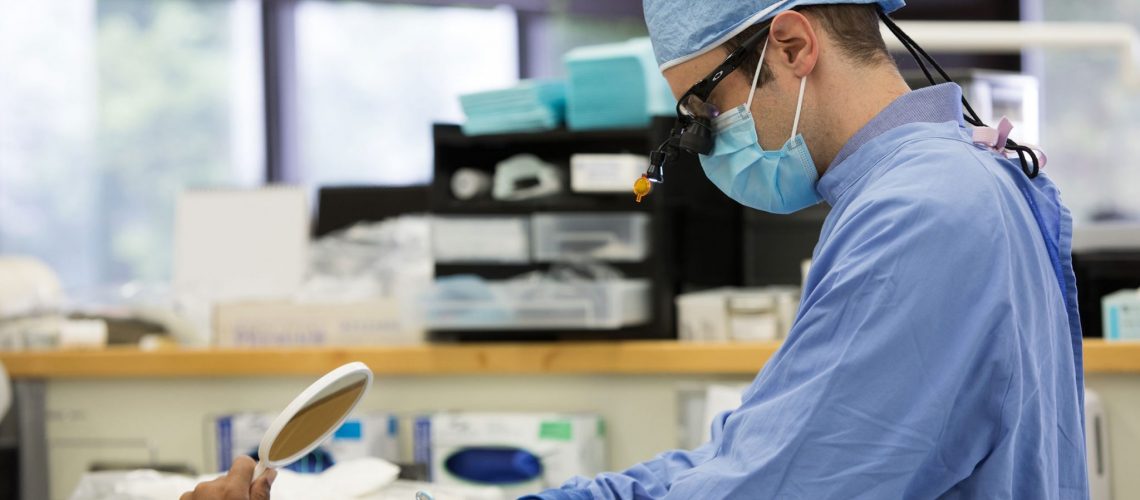If your gums bleed and your teeth move slightly, you may be suffering from gingivitis or periodontitis. These diseases must be taken into account because they can have dramatic consequences. According to WHO figures, 20% of adults between 35 and 45 years old have severe periodontal disease. This can be risky and lead to loss of teeth.

These diseases can, however, be avoided if one follows the rules of oral hygiene by going regularly to the dentist. If you have gum disease, it is advisable to consult a dentist who is specialized, so that he can make a diagnosis and offer you a treatment plan adapted to your specific case.
What is the Periodontium?
The periodontium is the part of dentistry that relates to the diagnosis and treatment of periodontal diseases. The periodontium is the set of tissues that support your teeth. It includes the bone of the jaw, the gum, the cement of the root of the teeth but also blood vessels and other nervous elements. When we talk about periodontics, we talk about prevention, diagnosis of treatment and affections to the elements.
When to See a Periodontologist
It is important to consult one when you have periodontal disease (a bacterial or microbial infection that affects the periodontium or, for example, an abscess) .These diseases are common and are even the most important medical conditions. the mouth, outside caries.
If any of the following symptoms occur, it is important to consult a periodontologist:
- Gum pain
- Bleeding
- Mobility of the teeth
These symptoms can be synonymous with periodontal disease at an important stage, and it does not wait to consult, at the risk of losing teeth . In addition, smokers, stressed people or those who do not brush enough teeth are more prone to these diseases.
How Can The Dentist Act in Periodontics?
Specialist structures surrounding the tooth, the periodontist will treat gingivitis and also practice periodontal plastic surgery.
It acts on:
- Etiological treatment: this is the first phase; it helps the patient to change his habits to fight against plaque and eliminate risks. We will think about dental hygiene and descaling.
- Surgical treatment: we will switch to this treatment if the etiological treatment did not work (gingival graft, gingivectomy)
In conclusion, if you have gingivitis, do not wait until it gets worse.

